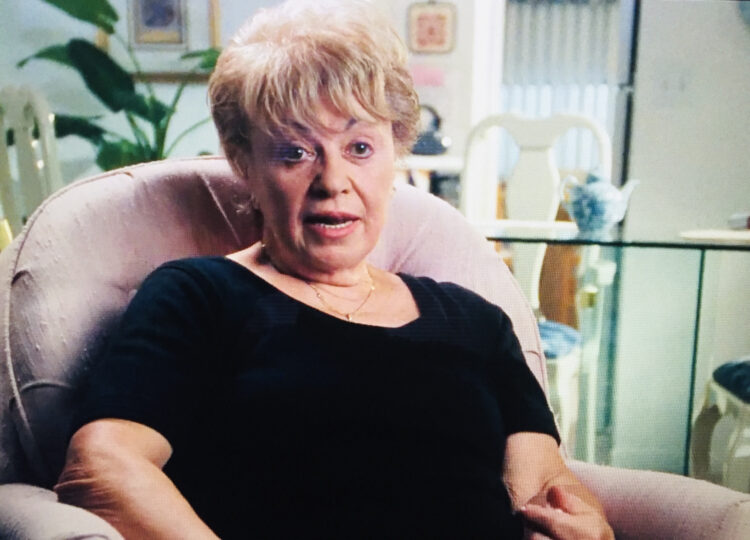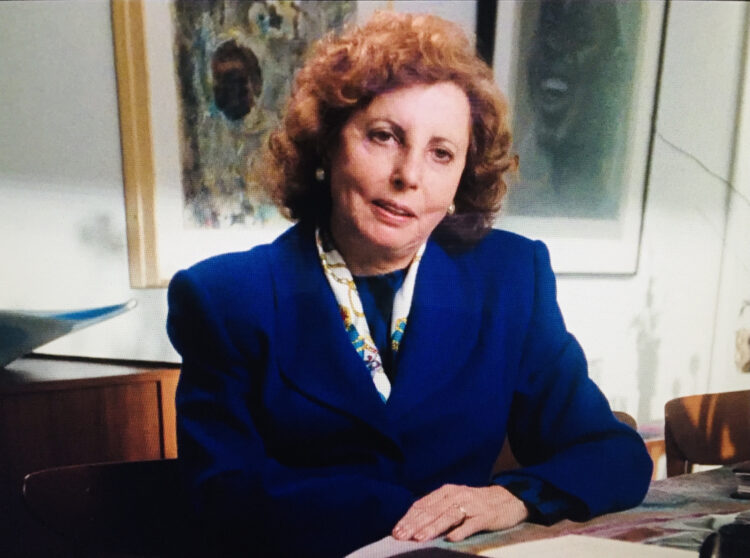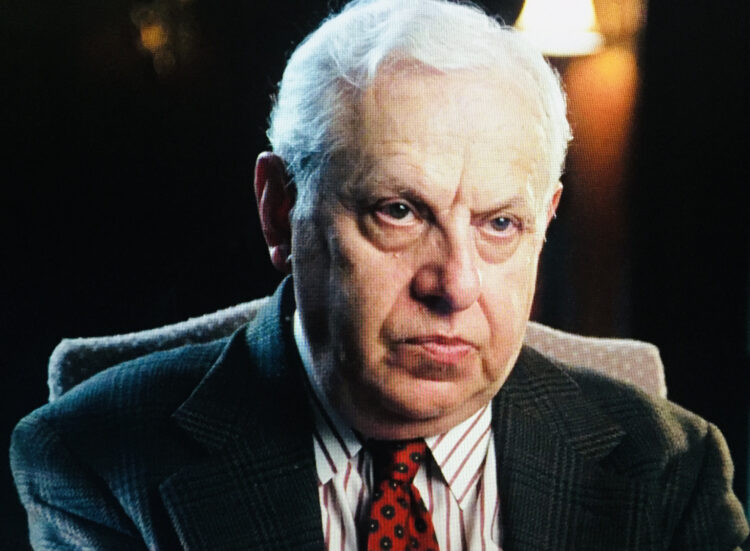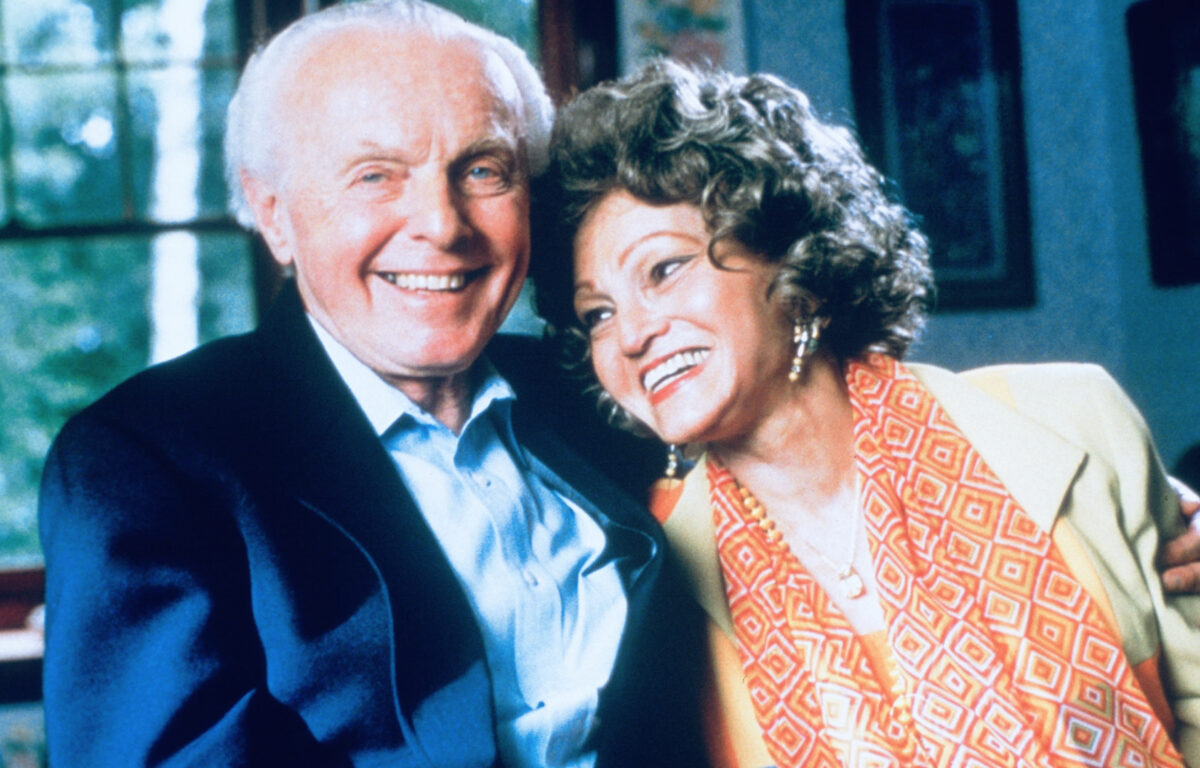The Last Days, the winner of the 1999 Academy Award for best documentary feature, is coming to Netflix on May 19. James Moll’s moving film, a profile of survival against all odds, is presented by Steven Spielberg and the USC Shoah Foundation. It traces the lives of a handful of Hungarian Jews who survived the worst single atrocity of the 20th century, the Holocaust.
The curtains came down on the large Hungarian Jewish community when Hungary was invaded by Germany, its wartime ally, in March 1944. Until then, the Jews of Hungary had been physically safe, though their civil rights had been drastically reduced by the antisemitic Hungarian government.
Two months later, utter disaster struck when Germany, with Hungary’s approval or acquiescence, began deporting Hungarian Jews by rail to the Auschwitz-Birkenau extermination camp in Poland. Within the span of several cataclysmic months, more than 400,000 Hungarian Jews were ruthlessly murdered.
Five of the survivors tell their stories in The Last Days, the title of which is a reference to the zeal with which Nazi Germany attempted to annihilate Jews in the final months of the war.
In the first scene, an unidentified man sitting in a train grapples with this troubling issue. He is still puzzled by the fact that Germany dedicated so many scarce resources to killing Jews when it was so obviously on the brink of defeat.
Among the survivors directly affected by the anti-Jewish fanaticism of the Nazis were Irene Zisblatt of Polena, Renee Firestone of Ungvar, Alice Lok Cahana of Sarvar, Bill Basch of Szaszovo, and Tom Lantos of Budapest.

Lantos, who went on to become the first and only survivor to be elected to the U.S. Congress, speaks ambivalently about his former homeland. Most Hungarian Jews were assimilated and proud to be Hungarians, he says. But in retrospect, they should have been aware of the dark undercurrents in Hungarian society that would impact Jews so adversely, he adds.
Had not not been for the Swedish diplomat Raoul Wallenberg, he notes, the last remaining Jews in Hungary, all living in Budapest, would likely have been killed. Working in tandem with the War Refugee Board, which had been created by U.S. President Franklin Roosevelt in 1944, Wallenberg provided Jews with special passports and safe houses, both of which gave them a measure of immunity from persecution.
Another survivor recalls that her Christian friends and neighbors not only abandoned Jews, but expressed satisfaction with the fate that awaited them.

Cahana remembers the appalling train trip to Auschwitz-Birkenau and the confusion that reigned when she arrived.
Firestone recalls the manner in which new arrivals were quickly separated into two lines, with the unluckiest ones dispatched straight to the gas chambers.
Zisblatt continually swallowed and defecated diamonds her parents had sewn into the hem of her dress so that she might survive.
Basch was dispatched to two Nazi camps, Buchenwald and Dachau.
A Greek Jew who worked in a crematorium tells of the awful tasks he was forced to perform. Two American soldiers recall the horrible scenes they witnessed in Dachau after its liberation in the spring of 1945. In a quiet voice, one of them admits that he fatally shot a German colonel after he spat in his face.
Visiting Polena long after the war, Zisblatt fears she will receive a hostile reception. But when she assures her Hungarian interlocutors that she has no intention of reclaiming her family’s property, they treat her nicely.
Returning to Ungvar, Firestone is sad to discover that the only synagogue has been converted into a concert hall.
Lantos is joyful that he and his wife have 17 grandchildren to compensate for the losses they incurred during the Holocaust.

Basch is exuberant that he managed to survive. “The pleasure of living is wonderful,” he gushes.
Lantos has the last word. He still cannot rationally explain the Holocaust. It’s an understandable reaction. An avalanche of monographs and books has been published about this catastrophe, but it defies comprehension.
